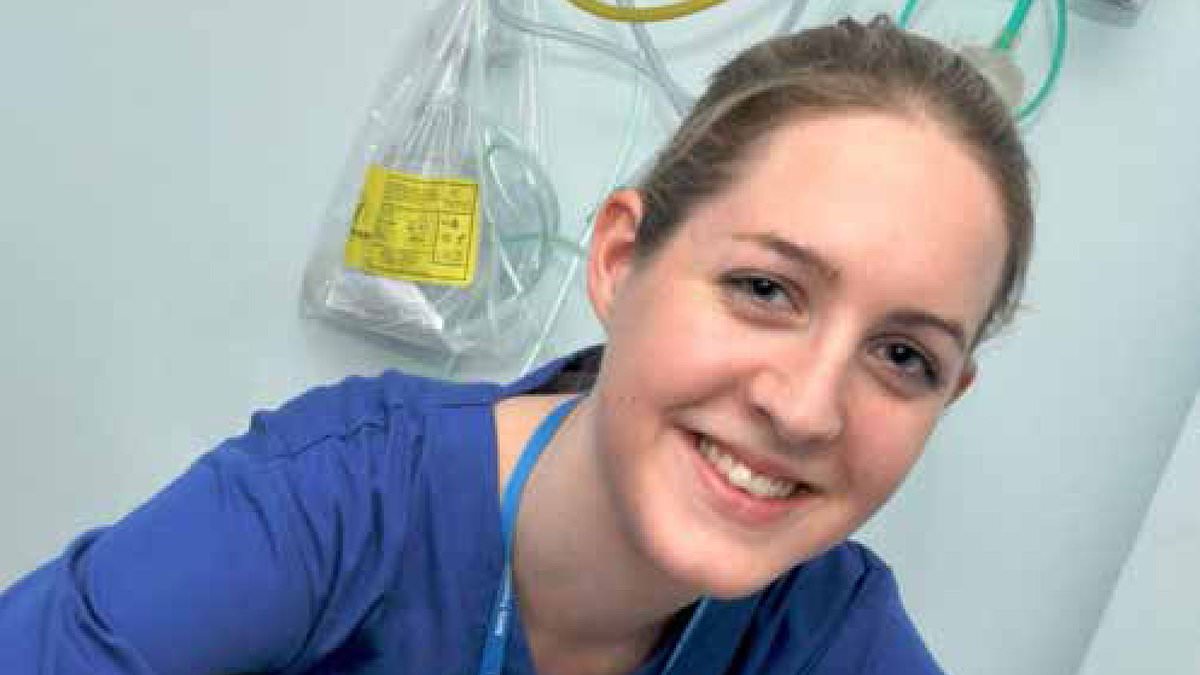
Lucy Letby, a former neonatal nurse convicted of murdering seven newborns and attempting to murder seven more at the Countess of Chester Hospital, has raised serious questions about her prosecution after internal hospital documents revealed repeated concerns she had flagged regarding neonatal care failures. These revelations, which surfaced through Datix Admin and Management Forms, have ignited fresh doubts about her convictions amidst mounting scrutiny.
Whistleblowing Claims Unveiled
Letby, now 35, was found guilty in August 2023, despite the prosecution lacking forensic evidence, CCTV footage, or a clear motive. Instead, the case largely relied on contested statistical data and debated medical theories. Bombshell documents obtained by The Mail on Sunday now show Letby formally reporting systemic issues in the neonatal unit shortly before being removed from clinical duties in 2016.
In one instance, Letby documented a June 2016 emergency where a baby experienced a “sudden acute collapse requiring resuscitation.” She highlighted that essential sodium bicarbonate infusion was unavailable, a critical oversight in the crisis. Similarly, she flagged a second incident of resource deficiencies when another baby collapsed just hours later. Such reports were later amended by hospital staff like Dr. Stephen Brearey who acknowledged gaps in inventory management and called for improvements, but Letby faced removal instead of acknowledgment for her concerns.
Senior Medics or Scapegoat? New Legal Efforts
Letby’s legal team, led by Mark McDonald, now argue her whistleblowing made her a target for revenge rather than praise. “Lucy was a hard-working, experienced nurse who loved her job and reported systemic failures to protect vulnerable infants,” McDonald said. “Instead of addressing systemic issues, senior medics targeted her as a scapegoat.” International experts reviewing her case have concluded that her actions align with whistleblowing rather than malice.
Dr. Stephen Brearey, who had initially raised concerns about Letby, later conceded in documents that staff shortages and increased demand had posed challenges for the neonatal ward. Meanwhile, other incidences Letby reported included the lack of proper intravenous medication and documentation gaps—cases that were often attributed to resource shortages.
Mounting Expert Criticism on Justice Delivered
Recent documentaries aired by ITV and the BBC have amplified public and expert concerns about the fairness of Letby’s trial. Dr. Neena Modi, former President of the Royal College of Paediatrics, described her trial as “deeply flawed” and troubling for the justice system. Dr. Mike Hall, who contributed reports for her defense in 2022, was shocked that the original legal team failed to fully utilize his expertise, calling the conviction a miscarriage of natural justice.
Dr. Hall’s scientific review points to a lack of evidence of inflicted injuries, reinforcing claims that the infants involved may have succumbed to suboptimal care or natural causes rather than foul play. These expert opinions could bolster Letby’s appeal as her defense team prepares a submission to the Criminal Cases Review Commission for a retrial.
Official Inquiry: A Step Towards Accountability
An official inquiry, led by Lady Justice Thirlwall, is now underway to examine the events surrounding the prolonged crisis in the neonatal unit. The inquiry will focus not on Letby herself but on the conduct of medical staff, hospital management, and the experiences of grieving families. Lady Justice Thirlwall’s findings are anticipated to shed further light on longstanding systemic challenges within the NHS when published early next year.
The Countess of Chester Hospital NHS Foundation Trust has maintained that it is unable to comment publicly due to the inquiry and ongoing investigations. However, the shocking revelations and procedural scrutiny surrounding Letby’s case will likely fuel broader discussions about the state of justice and patient safety within the UK’s healthcare system.
Only time will tell if Lucy Letby’s whistleblowing claims will lead to justice, reform, and vindication—all while raising critical questions about systemic failures in highly sensitive medical care environments.






